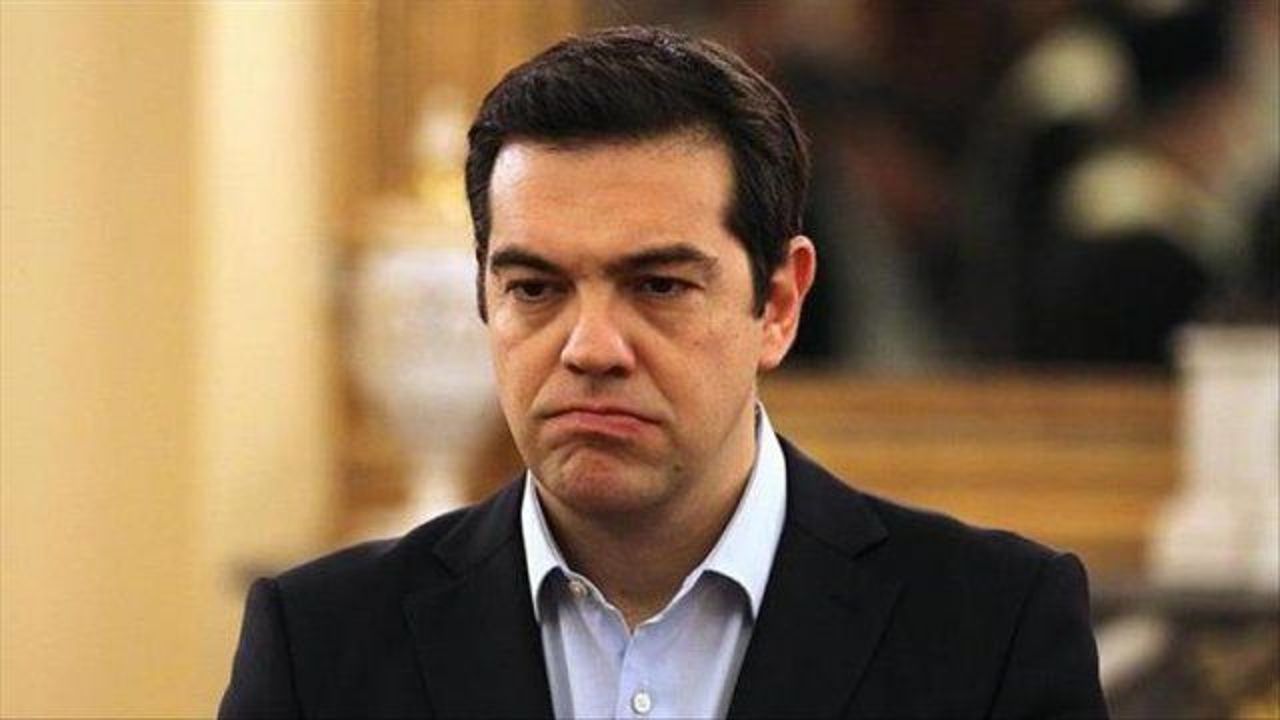Greece: Debate over pension reforms puts bailout at risk
Proposed cuts to pensions enrage opposition, but bailout conditions require them

The government is fighting to convince its MPs and the opposition to accept pension reforms that include some severe cuts, under the terms of the bailout by Greece’s European creditors.
The pension reforms must be passed by parliament if the country is to continue to receive bailout payments from the three-year, €86 billion ($95.2 billion) agreement made with the Eurogroup in July.
Greek Prime Minister Alexis Tsipras and the new opposition leader Kiriakos Mitsotakis confronted each other for the first time over the critical pension reform at the House on Tuesday.
“The pension system is unsustainable right now” Tsipras insisted, and called on all parties to take a position on the matter before the Greek people.
He stressed that recession has exacerbated the situation, and that there has been a decrease in revenue from social security contributions by 30 percent between 2009 and 2014.
Mitsotakis admitted that the pension proposals are “in the right direction,” but proposed the creation of three pension funds. He did not provide extensive details of the plan, however.
Socialist leader Fofi Genimmata was more severe: "We do not accept the government’s plan for Social Security”, noted the President of PASOK. "Take it back now” she said.
While the debate took place, public servants and workers’ unions protested in central Athens, while farmers lined up about 10.000 tractors all over Greece, threatening to block main roads for six hours if the reform is not withdrawn.
The pension reform sums up measures introduced from 2010 till today and brings major changes to the lives of Greeks. It increases the general retirement age limits to 62 years of age (for those who have 40 years of work) or 67 years of age (for those who worked for 15 years). This is a major change for public sector workers who were previously able to retire after 35 years of service at any age.
Also, there will be cuts as high as 41 percent to pension checks for all new retirees aged under 67. Auxiliary pensions will also be cut up to 20 percent.
A report from the Small Business Institute (IME) shows that pensions remain the main source of income for about 51.8 percent of Greek households while income decline was recorded for 77.9 percent in 2015.
Some experts, however, say that the pension cuts are not a solution.
Dimitris Karalis, a researcher at the Observatory of Economic and Social Developments of the Labor Institute, points to the main difference between the old and the new pension system; “It turns a redistributive social security system into a funded one, depriving it of its social welfare characteristics.”
This, he explains, doesn’t address the basis of the problem as “the emphasis is on costs, not on increasing revenue and reducing unemployment.”
Earlier on the same day, the Budget Office of the Greek Parliament warned through its quarterly report that not complying with the conditions of the bailout agreement would put the economy’s return to growth at risk. The experts estimate that the first bailout review will be completed in March or April, and called on the opposition to support the government’s effort.
In the meantime, protests rage across the country.
Lawyers and engineers continue their work stoppage until the end of the week, while the 48 hour nationwide strike action announced by the Panhellenic Maritime Federation will continue until Friday morning.
Anadolu Agency







